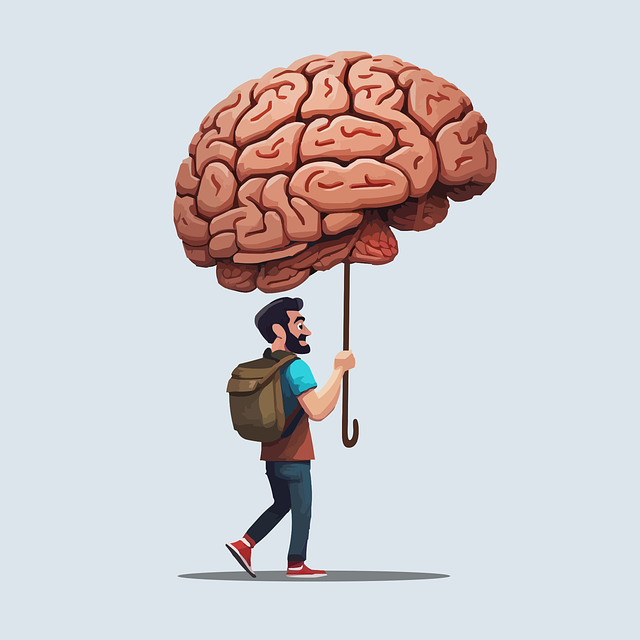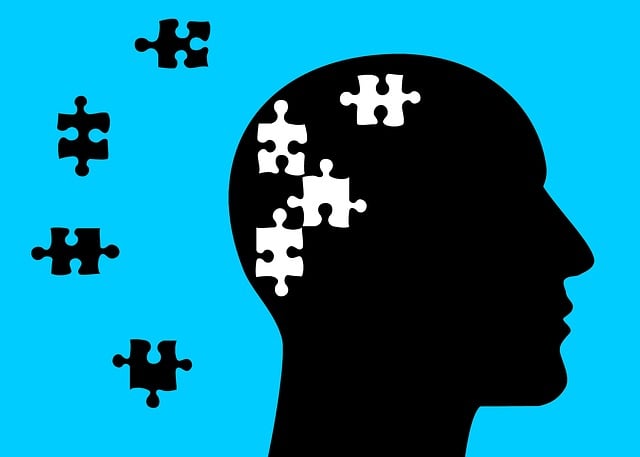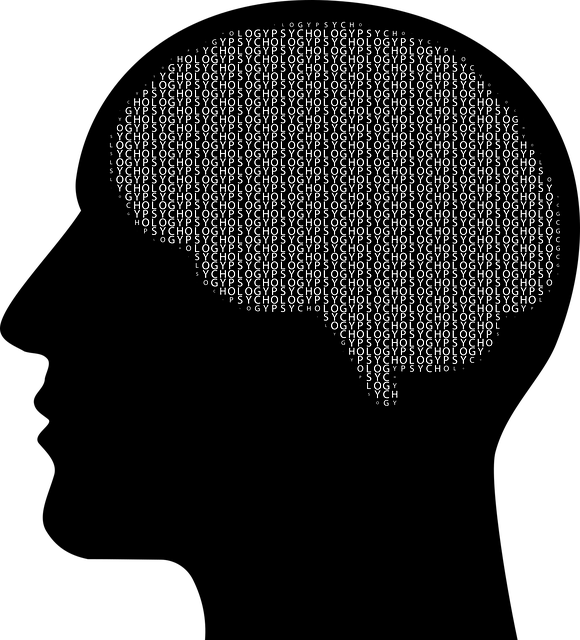Therapy for Adults Dissociative Disorder focuses on coping strategy development, self-awareness exercises, and traumatic memory processing to restore stability and control. Self-assessment tools aid in early intervention, enabling informed decisions about seeking professional help. Tailored interventions like CBT, EMDR, and trauma-focused approaches address unique complexities, including memory disruptions and identity issues. Public education through awareness campaigns and outreach programs reduces stigma, fostering supportive environments that enhance recovery outcomes.
Mental wellness self-assessment tools play a pivotal role in identifying and addressing complex conditions like dissociative disorder. This article delves into both the impact of this disorder on mental wellness and the critical function of early intervention via self-assessment. We explore effective therapy strategies tailored for adults with dissociative disorder, emphasizing the significance of comprehensive care in fostering recovery. By understanding these aspects, mental health professionals can develop targeted interventions, ultimately enhancing support for those struggling with this condition. Specifically, we focus on therapy for adults with dissociative disorder as a crucial component of holistic treatment.
- Understanding Dissociative Disorder and Its Impact on Mental Wellness
- The Role of Self-Assessment Tools in Early Intervention and Recovery
- Developing Effective Therapy Strategies for Adults with Dissociative Disorder
Understanding Dissociative Disorder and Its Impact on Mental Wellness

Dissociative Disorder is a complex mental health condition that significantly impacts an individual’s sense of self and overall mental wellness. It involves a disconnection from reality, memories, or emotions, leading to a distorted perception of one’s identity and surroundings. Those affected may experience episodes of detachment, where they feel as though they are observing themselves from outside their body, or they might have gaps in memory that cannot be explained. This disorder is often the result of severe trauma, such as physical or emotional abuse, and can manifest in various ways, affecting a person’s ability to function daily.
Therapy for Adults Dissociative Disorder focuses on helping individuals develop coping strategies to manage their symptoms and enhance self-awareness exercises. Emotional healing processes are at the core of treatment, encouraging patients to confront and process traumatic memories while rebuilding a sense of stability and control. Mental health education programs design tailored interventions to support those with dissociative disorder, offering tools to navigate their unique challenges and improve their overall mental health and quality of life.
The Role of Self-Assessment Tools in Early Intervention and Recovery

Self-assessment tools play a pivotal role in early intervention for mental health issues, especially in cases like Dissociative Disorder where timely recognition is crucial. These tools empower individuals to gain insights into their mental states, emotions, and behaviors, enabling them to make informed decisions about seeking professional help. By providing a structured framework for self-reflection, they facilitate the identification of symptoms early on, potentially accelerating the path to recovery.
In the context of therapy for adults with Dissociative Disorder, self-assessment tools can serve as powerful catalysts for change. They assist clients in monitoring their mood management, identifying triggers, and gauging anxiety levels—all essential aspects for a successful treatment journey. Moreover, these tools often incorporate confidence-boosting exercises that support individuals in rebuilding their sense of self and resilience, contributing to overall recovery and improved quality of life.
Developing Effective Therapy Strategies for Adults with Dissociative Disorder

Developing effective therapy strategies for adults with dissociative disorder requires a tailored approach that addresses the unique complexities of this condition. Dissociative disorders, characterized by disruptions in memory, identity, and consciousness, demand innovative therapeutic interventions. Traditional talk therapies often need to be adapted to incorporate techniques from cognitive-behavioral therapy (CBT), eye movement desensitization and reprocessing (EMDR), and trauma-focused approaches. The goal is to help individuals integrate fragmented memories, manage disassociative symptoms, and develop coping mechanisms that promote mental wellness.
Mind over Matter principles can play a pivotal role in these therapeutic strategies. By encouraging clients to challenge negative thought patterns, reframe traumatic experiences, and cultivate present-moment awareness, therapists support the development of resilience. Public Awareness Campaigns Development and Community Outreach Program Implementation initiatives can further educate both individuals and communities about dissociative disorders, reducing stigma and fostering supportive environments. These comprehensive approaches work synergistically to enhance recovery outcomes for adults struggling with these complex mental health challenges.
Mental wellness self-assessment tools play a pivotal role in identifying and addressing dissociative disorder, a complex condition that significantly impacts an individual’s mental wellness. By facilitating early intervention, these tools empower individuals to seek appropriate therapy, such as tailored strategies for adults with dissociative disorder. Through comprehensive assessment and targeted interventions, we can enhance the effectiveness of treatment, ultimately fostering better mental health outcomes and improved quality of life for those affected by this disorder.










